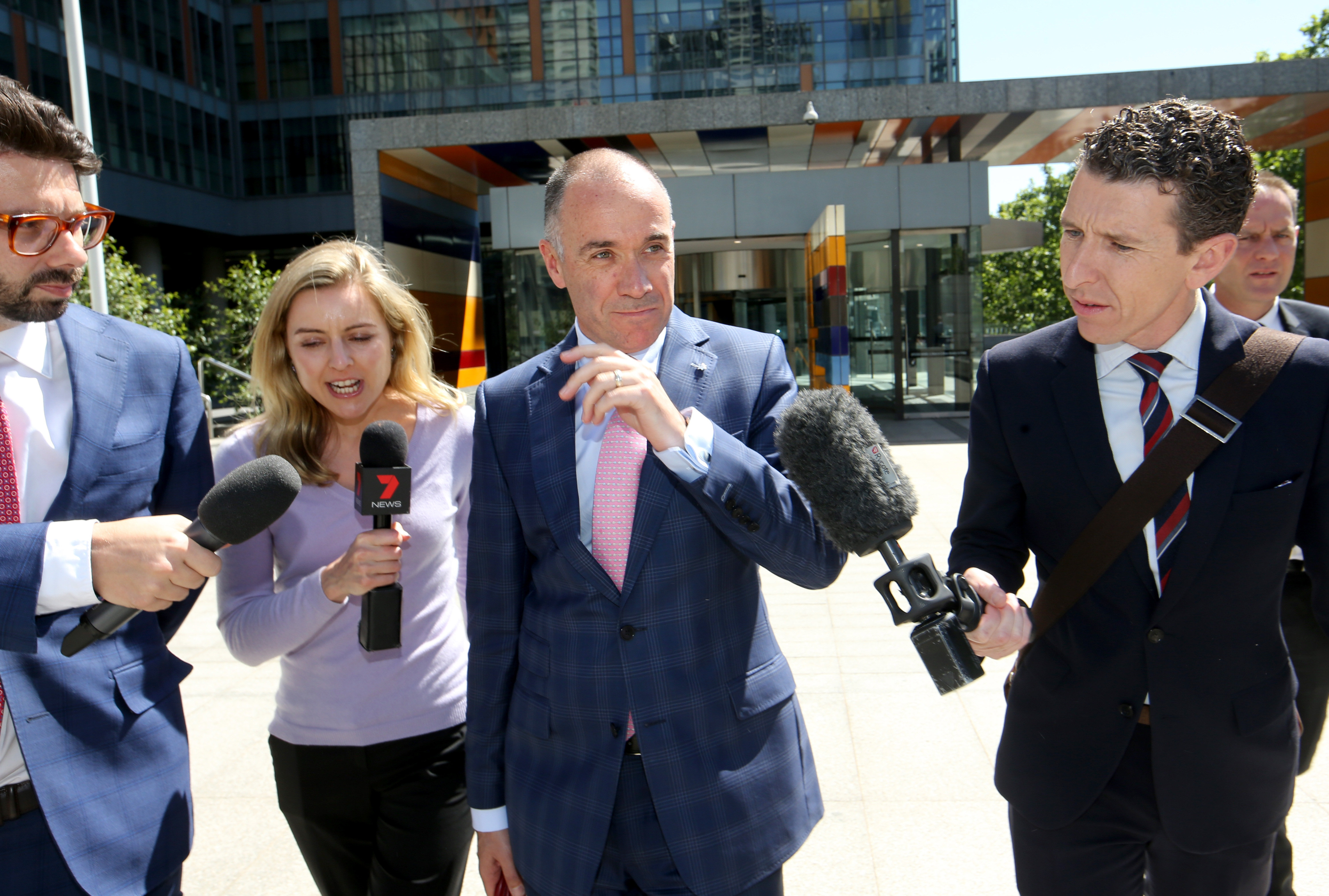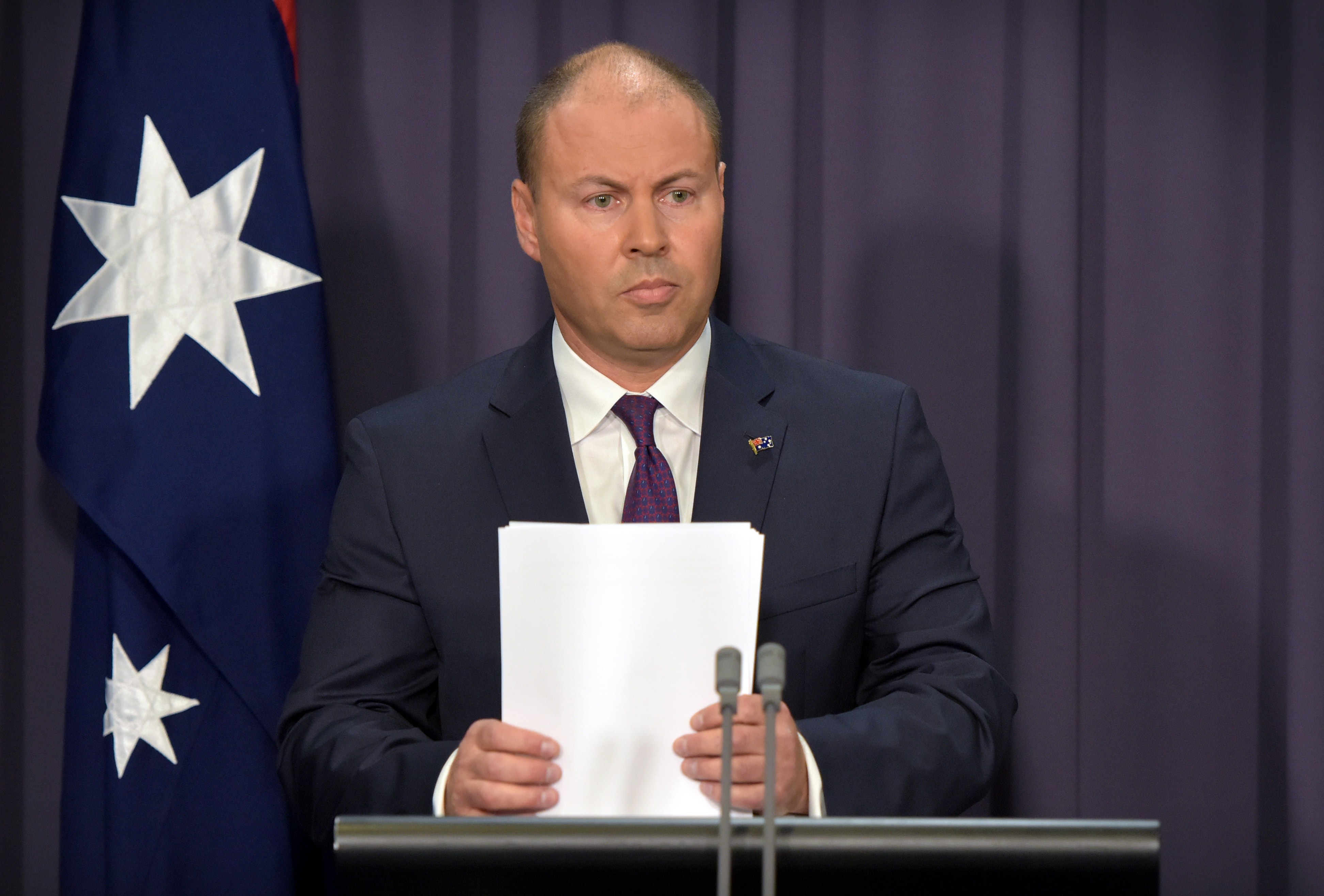
Politics & Society
Misleading conduct? So what!

With 76 recommendations, Commissioner Ken Hayne’s final report into the Australian financial services industry provides a roadmap to hold the sector to account, especially for the ‘fees for no service’ scandal
Published 5 February 2019
It’s often difficult to prove ‘dishonest’ conduct against large, modern corporations because corporations act through a huge array of human agents. Pinning dishonesty to any one of these individuals and then bringing that dishonesty home to roost with the company itself is a complex and challenging task.
That’s true for regulators, let alone individual victims of corporate misconduct.

Repeat offenders in the financial services industry have treated both the regulators and the rule of law with contempt. Concealing serious misconduct from the regulator and continuing to carry on that conduct clearly offends community standards of honesty and fairness. A classic example was the ‘fees for no service’ conduct of National Australia Bank (NAB) subsidiary Nulis Nominees.
But the problem went through the entire financial services industry.
In his Final Report, Commissioner Hayne has provided a roadmap to navigate this challenge.

Politics & Society
Misleading conduct? So what!
In first identifying why the ‘fees for no service’ misconduct occurred, Commissioner Hayne starts by observing that it cannot be characterised (as Mr Andrew Thorburn, CEO of NAB, attempted to do in hearings before the Commission) as a product of poor systems, processing errors, mistakes or (in Commission Hayne’s apt expression) “bumbling incompetence”.
Yet this was precisely how this egregious misconduct was treated, not just by NAB but across the whole industry.
Worse, Commissioner Hayne considers that the Australian Securities and Investments Commission (ASIC) joined that assessment. He says in his report that “the conduct was treated as if it was no more than a series of inadvertent slips brought about by some want of care in record keeping”.

But as Commissioner Hayne says, this misconduct was so widespread that any view that it was no more than carelessness must be challenged.
In demolishing any assumption of ‘mistake’, Commissioner Hayne posits two cases involving fees for no services charged by financial advisors, familiar from the type of misconduct revealed in the Commission hearings.
In the first scenario, the advice licensee (the ‘taker’) takes the client’s money pursuant to an ongoing ‘advice fee’ notwithstanding that its records show that there is no ‘linked adviser’ assigned to the client. In the second scenario, the taker takes the client’s money pursuant to an ongoing fee for advice notwithstanding notification that the client is dead.

Business & Economics
Australia’s Banking Royal Commission: Quo vadis?
Commissioner Hayne helpfully identifies the likely laws breached in these scenarios: Section 1041G of the Corporations Act, which prohibits the carrying on of “dishonest conduct in relation to a financial product or financial service” and, in his view, less relevantly, Section 12DI(3) of the ASIC Act. Contravention of either section constitutes an offence, and attracts significant penalties.
Although refraining from commenting on his invitation to ASIC to consider whether criminal or other legal proceedings should be brought against entities who may have engaged in this sort of conduct, Commissioner Hayne takes the time in the banking royal commission final report to explain in great detail not only how s1041G in particular might have been contravened, but how the case can be proven.
Critical to his analysis is that dishonest conduct is, first and foremost, assessed objectively, judged against the standards of ordinary people. This objective approach is now the dominant approach proposed by Treasury in legislation before Parliament.

The existing definition requires that the conduct be “known by the person to be dishonest”. But as Commissioner Hayne points out, the individual employees in the ‘fee for no service’ cases who directed that the client’s money be applied to the taker’s own use are, indeed, ordinary people.
It will be remarkable if they, and the financial entity that profits from the taking of that benefit, do not realise that the taking of the client’s money is dishonest.
As he explains “the taking is objectively dishonest. Absent some evidence of a belief as to the legal right to take the money, it follows from the objective dishonesty of the taking that the taker knew it to be dishonest”.

Business & Economics
The trouble with banking culture
Coupled with this, Commissioner Hayne has set out in careful detail how and when so-called processing or administrative ‘errors’ veer into misleading or deceptive conduct and the need for corporations to have in place processes that avoid these systemic errors.
And on this latter question he is not only specific but prescriptive.
Rather than allowing corporations to continue to plead mistake, or “bumbling incompetence” for that matter, Commissioner Hayne recommends that there should be one person in every bank that is responsible for the design and implementation of each product, keeping it fit for purpose, and if something goes wrong, remediating it. If this is done, there will be no more ducking for cover.
Entities responsible for ‘fees for no service’ misconduct should be worried.

No doubt ASIC will be reading Commissioner Hayne’s roadmap closely. But so too will be the leviathan litigation funders currently setting up shop in Australia.
Indeed, Commissioner Hayne’s roadmap may have significance well beyond the financial services sector, to any field where corporations indulge in protracted patterns of misconduct for profit, in the blithe assumption that it can later be explained away as ‘mistake’.
Banner: Courtesy of the Herald Sun